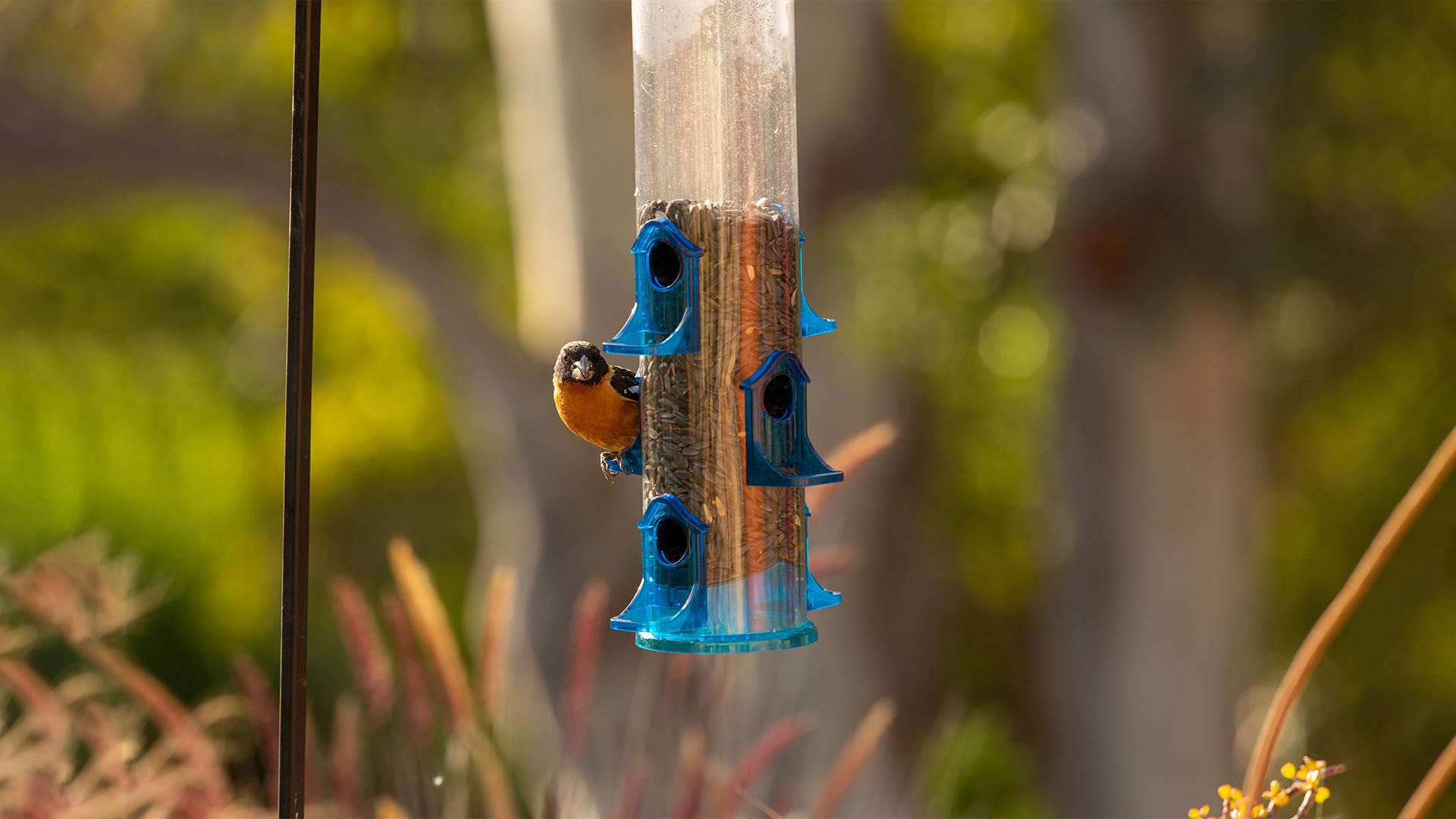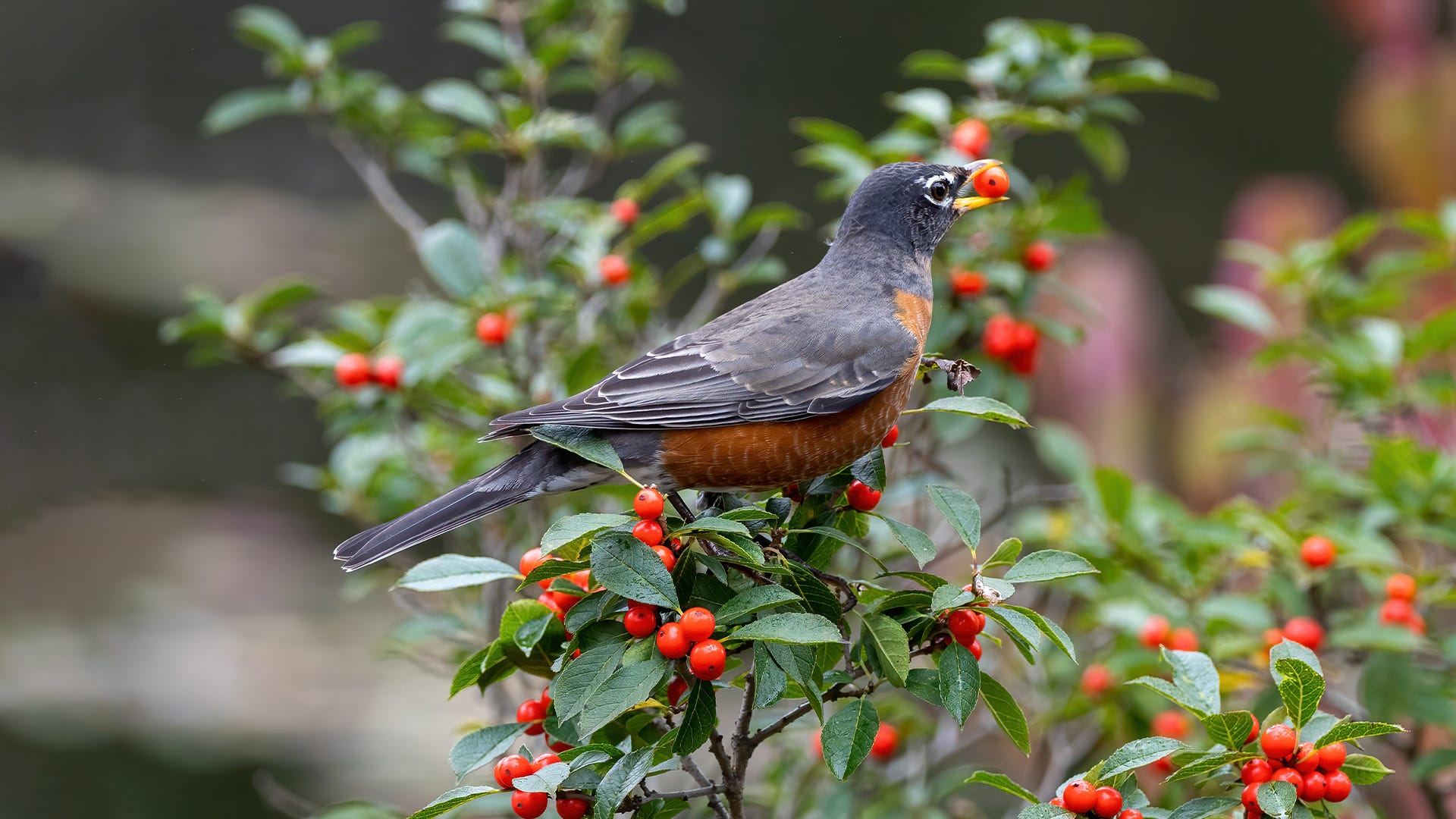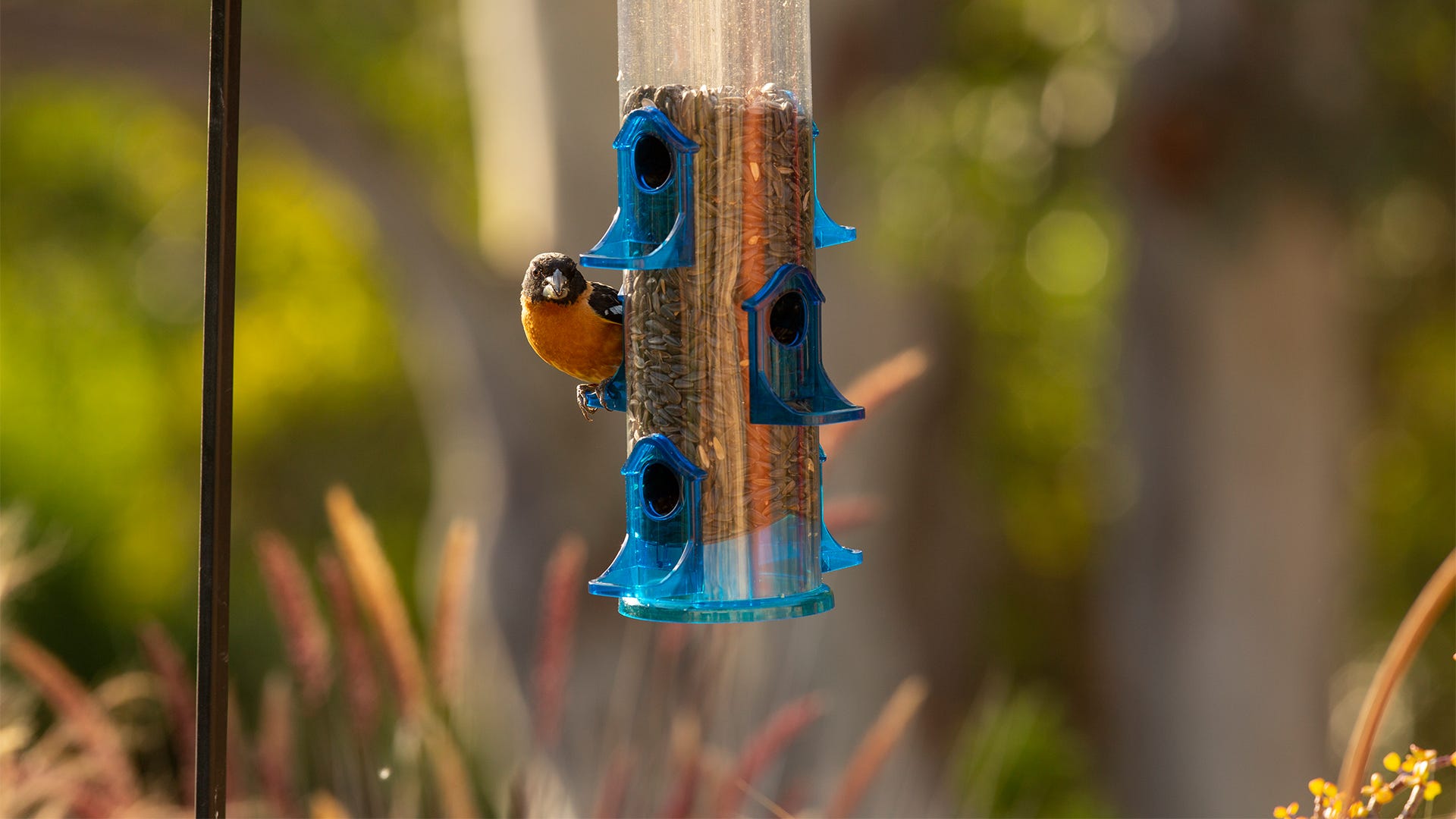
Birds eat a wide range of foods. They seem to have undiscriminating tastes—but do they really like all the foods we offer? Understanding their preferences can help every birder offer their backyard birds only the best, most nutritious menu.
Before picking out which foods birds may love or hate, it’s important to recognize that birds aren’t foodies. They don’t have the same emotional attachment to foods that humans do. There are no classic, grandmother-approved recipes birds will flock to. Nor do birds have feast days, diet plans, or holiday favorites.
Birds are opportunistic foragers and will sample a wide range of foods to try and meet their nutritional needs. Those needs may change at different stages of a bird’s life, different seasons of the year, or when different foods are more abundant than others. Ultimately, the foods birds love most are those that meet their needs, and the foods they hate are any items that aren’t as healthy or easily available.
5 Worst Foods for Birds
Different birds have different feeding styles and preferences, but some foods are overall poor choices for most birds. These worst foods—the ones birds will hate—include:
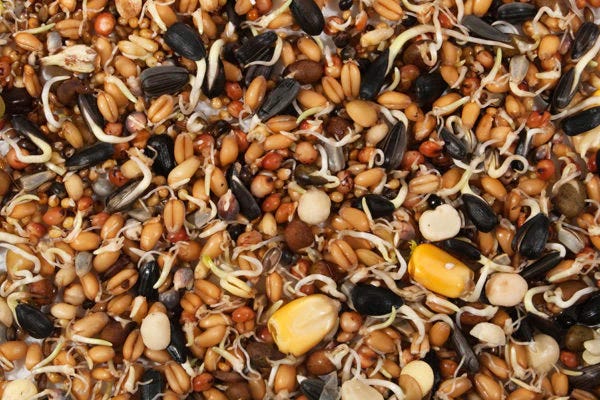
Spoiled Seed
Birdseed doesn’t last indefinitely. Seed that is moldy, clumped, or infested with insects is less healthy and less suitable for birds. Spoiled seed may be tossed out of a feeder or ignored completely, though some hungry or desperate birds will still sample it. This can be dangerous, as birds can contract fungal or viral infections from spoiled or contaminated seed. Any seed that is sticky, sprouting, or otherwise spoiled should be discarded rather than made available to birds.
Fermented Nectar
Just like spoiled seed, fermented nectar can be dangerous for hummingbirds, orioles, and other birds that would otherwise love this sweet treat. Fermented nectar, however, has a different sugar composition and may be contaminated with dangerous molds or other fungus. Look carefully at nectar for a milky or cloudy consistency, black flecks, or insects that can indicate it has gone bad, and discard it immediately.
See also: How to Clean Your Bird Feeders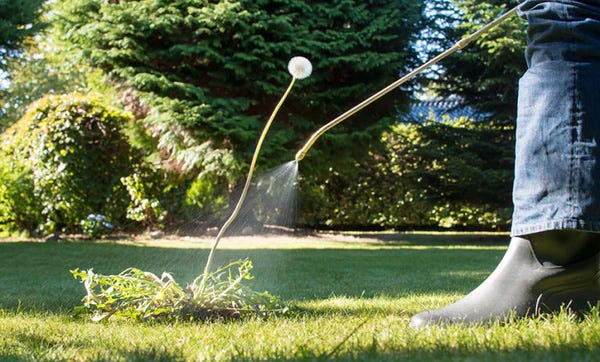
Pesticide Contaminated Food
Birds cannot necessarily detect pesticides or other chemicals that may contaminate their food, whether it is flowers, fruit, nuts, or birdseed. Toxic sprays, including insecticides, fertilizers, antitranspirants, and other chemicals can all be dangerous to birds. They should be kept far away from feeders or natural foods birds will eat. Furthermore, using chemicals to eliminate insects or weeds may also be eliminating foods birds will eat, such as the bugs themselves or seeds.
See also: Lawn Care With Birds in Mind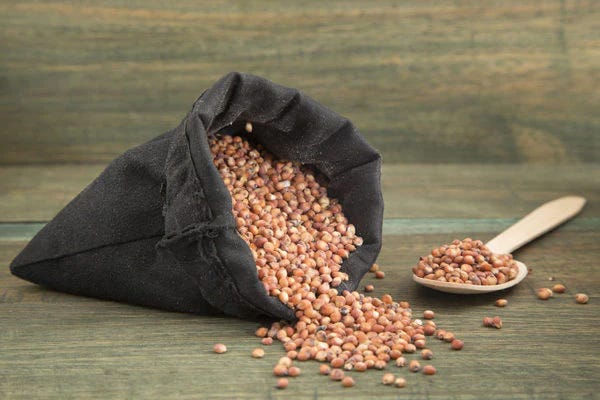
Cheap Seeds
Buying less expensive seed may seem like an economical way to feed birds. But, the cheap filler seeds in economy mixes, such as wheat, cracked corn, milo, and oats, are not birds’ favorite foods. These grains have less overall nutrition and only appeal to a limited number of bird species. They may even be tossed out of a feeder or left to spoil and rot. These seeds can attract flocks of more aggressive birds like starlings and grackles. While they can fill birds’ bellies, they don’t provide the best nutrition for the healthiest birds.
See also: Is it Okay to Hand Feed Birds?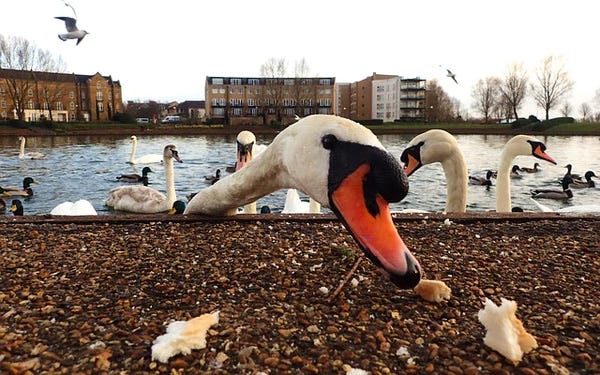
Human Foods
It can be tempting to offer birds bread, chips, cookies, seasoned nuts, and other human food scraps. But these items have very little nutritional value for birds and can even be dangerous. While very rare treats of healthier human foods won’t be excessively harmful to birds (just like the occasional candy bar or fast food meal won’t completely destroy a typical human diet), these items are best left out of birds’ daily menus.
Why Do Birds Still Eat Bad Food?
Of course, every birder has undoubtedly witnessed birds eating one or more of these “hated” foods. So why do they still eat these things that are so bad for them?
Birds have less refined senses of taste and smell than we do. They won’t be immediately aware that some food may be spoiled. Toxic chemicals are often undetectable once they’ve contaminated bird foods, and birds aren’t choosing to eat the chemicals—only the foods the chemicals are on. Because birds are opportunistic and resourceful, the idea of a fast, easy meal—even if it is cheaper, less nutritious seed or quick scraps—can tempt them more than foods that take more foraging energy and work to find and consume.
Ultimately, offering better, more nutritious food is the best way to foster a stronger, healthier flock. Being aware of what foods we offer and avoiding potentially dangerous food options is the best way to give birds the healthiest possible diet. It will even attract more birds and a wider variety of species to our backyard buffets.






